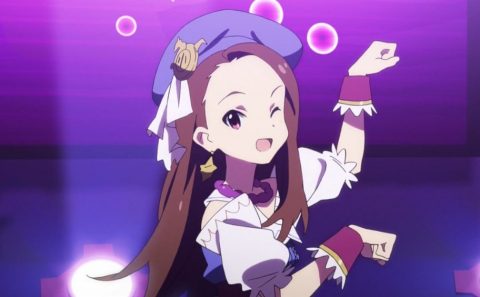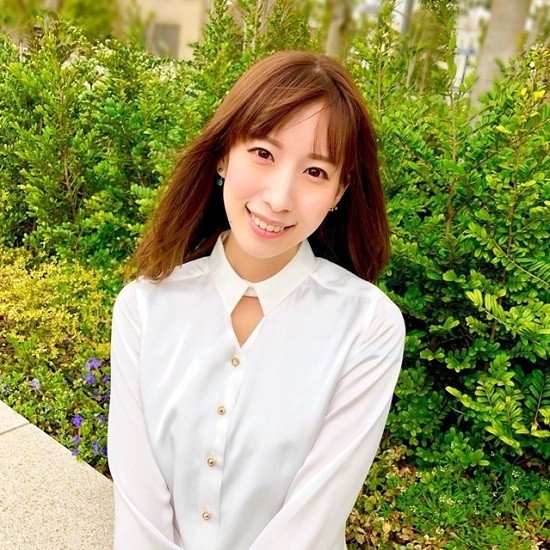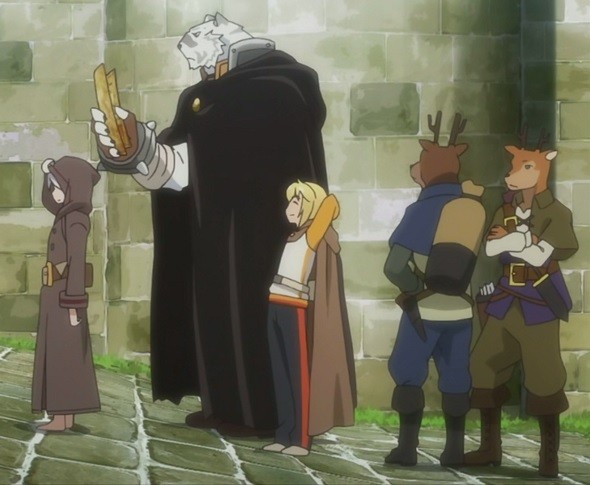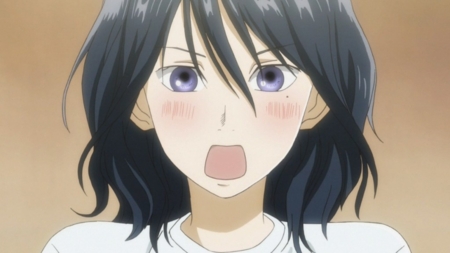As I write this article about The Promised Neverland, I have just finished reading chapter 135, the search. Emma and Ray have finally crossed the seven walls and are about to meet "that person." Let's review the ceiling paintings on the six towers and move on to considering the remaining paintings.
Ceiling paintings that we know now
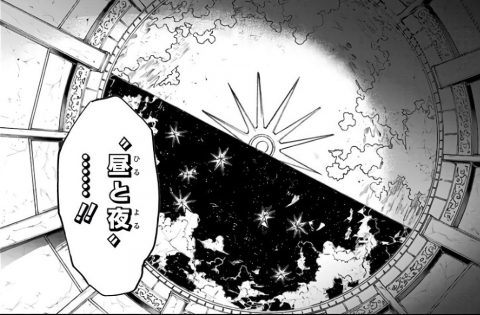
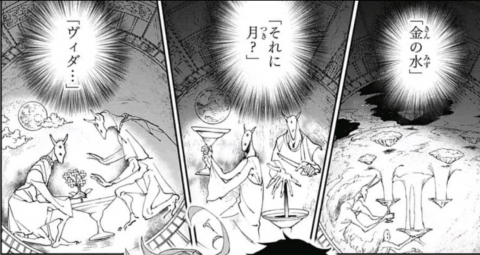
There are five ceiling paintings that we know now. Day and Night, Gold Water and Moon, and Vida. Each door has a picture of a demon drawn on it, but it is not a demon and is probably the same kind as that person. And the fifth ceiling picture is completely black. By combining these five door pictures, Emma and Ray arrived at the entrance where that person is said to be.
About that person as we know it now
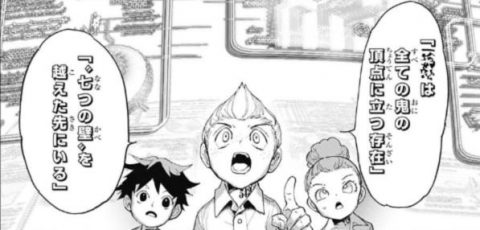
What we know now is that that person is the pinnacle of all demons. And he keeps asking to play with Emma and the others.
Sonju says he is God
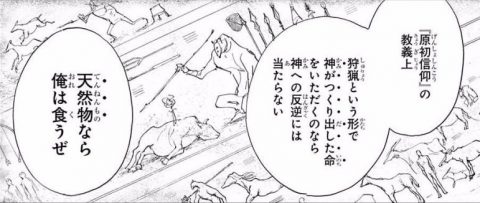
Sonju is an original believer. Muzika, who acts with him, knows that he is a demon who does not need to eat humans, but there is still a lot that is unknown about Sonju. After parting ways with Emma and the others who escaped, Sonju describes the life of natural humans as life created by God. And it is thought that God = that person. (The reason will be explained later)
This world depicts humans and beasts in a reversed way
Humans are cultivated, and demons forcefully raise and eat humans. There is constant power struggle between the demons, and betrayal and weakening of faith are also depicted. In this way, the demons are a depiction of the people of today's society, and the cultivated humans are a depiction of the beasts that we usually eat.
Ceiling paintings that may be painted on the six towers
Creation of the world as a motif?
These six towers are dedicated to that person (God). The ceiling paintings of these six towers are probably based on the creation of the world. Creation of the world refers to the creation of the world in the Hebrew Bible of Judaism and the Old Testament of Christianity, "Genesis." In other words, it is said to be the way God created the world.
Day 2: God created the sky (heaven).
Day 3: God created the earth, the sea was born, and vegetation grew on the earth.
Day 4: God created the sun, moon, and stars.
Day 5: God created fish and birds.
Day 6: God created animals and livestock, and created humans in God's image.
Day 7: God rested.
Ceiling Painting of the Sistine Chapel
Isn't the model for this ceiling painting the ceiling painting of the Sistine Chapel, which actually exists? The actual ceiling painting of the Sistine Chapel depicts more than just the creation of the world, and is made up of nine paintings. Below are some quotes from the paintings of the creation of the world in the Sistine Chapel.
Let's take a look at each one. First, the first day and night are what God did on the first day. Then, Vida is what he did on the third day. And the golden water is the second day. The moon represents the actions of the fourth day, and the fifth day is not depicted, so it is left completely black.
What do the rest of the ceiling paintings show?
The sixth day God created animals and livestock, and created humans in God's image.
The seventh day God rested.
The heavens and the earth were created on the fifth day, and on the sixth day God created livestock and humans in God's image. Then God rested on the seventh day.
That person who keeps asking to play
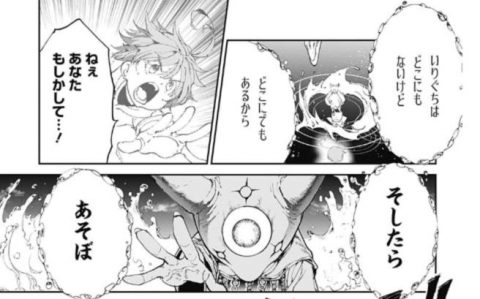
That person who asks to play every time they meet. Doesn't this "let's play" represent the seventh day holiday? For that reason, it is thought that what is painted at the end of the six towers is either the deeds of the sixth day or the pitch black that is not even painted in the chapel.
The last picture is that person, demons, and humans
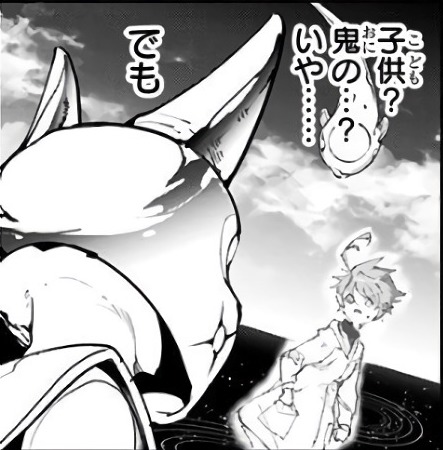
However, if it is completely black, it will end meaninglessly. So, I will probably settle for not depicting the deeds on the 6th day. In this world, demons and humans are depicted in the opposite way to the real world. And Emma, who met that person, feels like a small demon? In other words, on the 6th day, God created demons that resembled God. And in this demon world, humans are beasts and livestock. And that person's family who used them. All of these are included in the deeds on the 6th day, so there is a possibility that they will be depicted, but I think they will depict the part where that person's family creates demons.
Finally
This article has also been made into a video! The story is still progressing, and we don't know how it will end. But I can say this much! It's really interesting!

